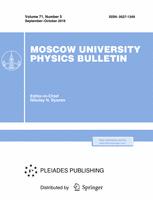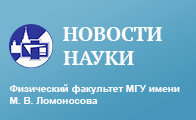The possibility theory as a mathematical model of randomness and fuzziness phenomena is considered in a variant that enables the modeling of both probabilistic randomness, including that inherent in unpredictably evolving stochastic objects whose probabilistic models cannot be empirically reconstructed and nonprobabilistic randomness (fuzziness) inherent in real physical, technical, and economical objects, human–machine and expert systems, etc. Some principal distinctions between the considered variant and the known possibility theory variants, in particular, in mathematical formalism and its relationship with probability theory, substantive interpretation, and applications exemplified by solving the problems of identification and estimation optimization, empirical recostruction of a fuzzy model for a studied object, measurement data analysis and interpretation, etc. (in the paper “Mathematical Modeling of Randomness and Fuzziness Phenomena in Scientific Studies. II. Applications”) are shown.
$^1$Department of Mathematical Modelling and Informatics, Faculty of physics, Lomonosov Moscow State University



